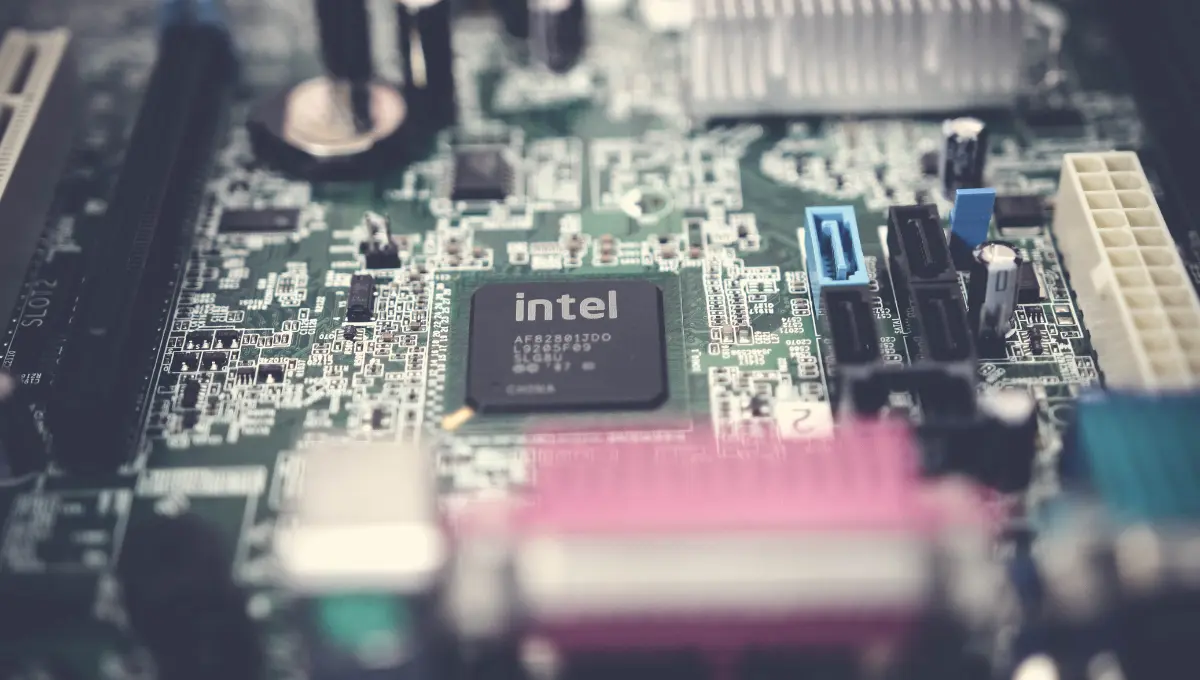Intel reportedly obtained a license to continue selling to Huawei amidst a heightened crackdown on China’s chip sector by the US, signaling targeted restrictions to curb China’s chip development and mitigate impacts on the US industry. Experts highlight the damage to US firms and global supply chains, along with boosting China’s chip industry. Despite pressure from rivals and politicians, Intel maintained its chip sales to Huawei, backed by special permissions granted by the US Commerce Department in late 2020 to select suppliers, including Intel.

According to a Reuters report, AMD argued against the perceived unfairness of not receiving a license to sell similar chips to Huawei. Additionally, AMD is in pursuit of US approval to sell an AI tailored for China, but was advised to obtain a license due to its perceived potency, despite being weaker than versions sold elsewhere, as reported by Bloomberg earlier this month.
Experts in the telecom industry speculate that the US licensing system is selectively permitting exports that won’t contribute to advancing Chinese technology.
Ma Jihua, a telecom industry analyst, emphasized the necessity of evaluating Intel’s chip export license to Huawei to ensure that the chips do not facilitate technological advancements for Huawei or China.
Intel’s Approval to Sell to Huawei Marks Positive Step Amidst US-China Chip Dynamics
Ma highlighted Intel’s approval as a positive move for retaining a significant customer in the vast Chinese market. He emphasized the likelihood of other semiconductor companies securing licenses, noting that the US licensing process allows for political lobbying and negotiation.
However, gaining an export license doesn’t imply a softening of US pressure on China’s semiconductor industry. Xiang Ligang, director-general of the Beijing-based Information Consumption Alliance, explained that the US will maintain a tough stance on China while mitigating damage to its own industry.
Read also: Apple Considering Integration of Google’s Gemini AI into iPhones: What to Expect
US Commerce Secretary Gina Raimondo reiterated the ongoing assessment to expand export controls, aiming to prevent China from acquiring advanced computer chips and manufacturing equipment for potential military use.
In 2023, the US expanded its export controls, which included measures aimed at severing China’s access to certain semiconductor chips manufactured anywhere globally using US equipment. This move posed a serious threat to the stability of industrial supply chains.
The new regulations, unveiled in October 2023, also prohibited the export of Nvidia’s A800 and H800 chips to China, both of which had been manufactured to comply with previous export regulations. These restrictions led to a significant decline in Nvidia’s China revenues, with the company reporting a nearly 53 percent sequential drop in its fiscal fourth quarter.
Ma pointed out that Washington’s efforts to suppress China have had unintended consequences, pushing China towards greater independence in intellectual property rights and self-reliance in semiconductor development.
US Export Controls Backfire: China’s Semiconductor Self-Reliance Surges
In 2023, China’s imports of integrated circuits totaled 479.56 billion, marking a 10.8 percent decrease compared to the previous year and reaching a four-year low, according to Chinese customs data.
Moreover, customs data revealed a reduction of approximately $65 billion in chip imports to China in 2023 compared to 2022.
Xiang noted that American enterprises primarily bore the brunt of the loss.
The self-sufficiency of Chinese chips has notably surged from 5 percent in 2018 to exceeding 25 percent in 2023, largely reflecting the market share lost by US companies in China. Xiang emphasized that this trend is expected to persist, with Chinese chip self-sufficiency rates continuing to rise.
Meta Description: Explore the impact of US export controls on China’s semiconductor industry and the shifting dynamics in global chip supply chains. Learn about the rise in Chinese chip self-sufficiency and its implications for US enterprises.
Keywords: US export controls, China semiconductor industry, global chip supply chains, Chinese chip self-sufficiency, US enterprises, semiconductor development, technological independence.


